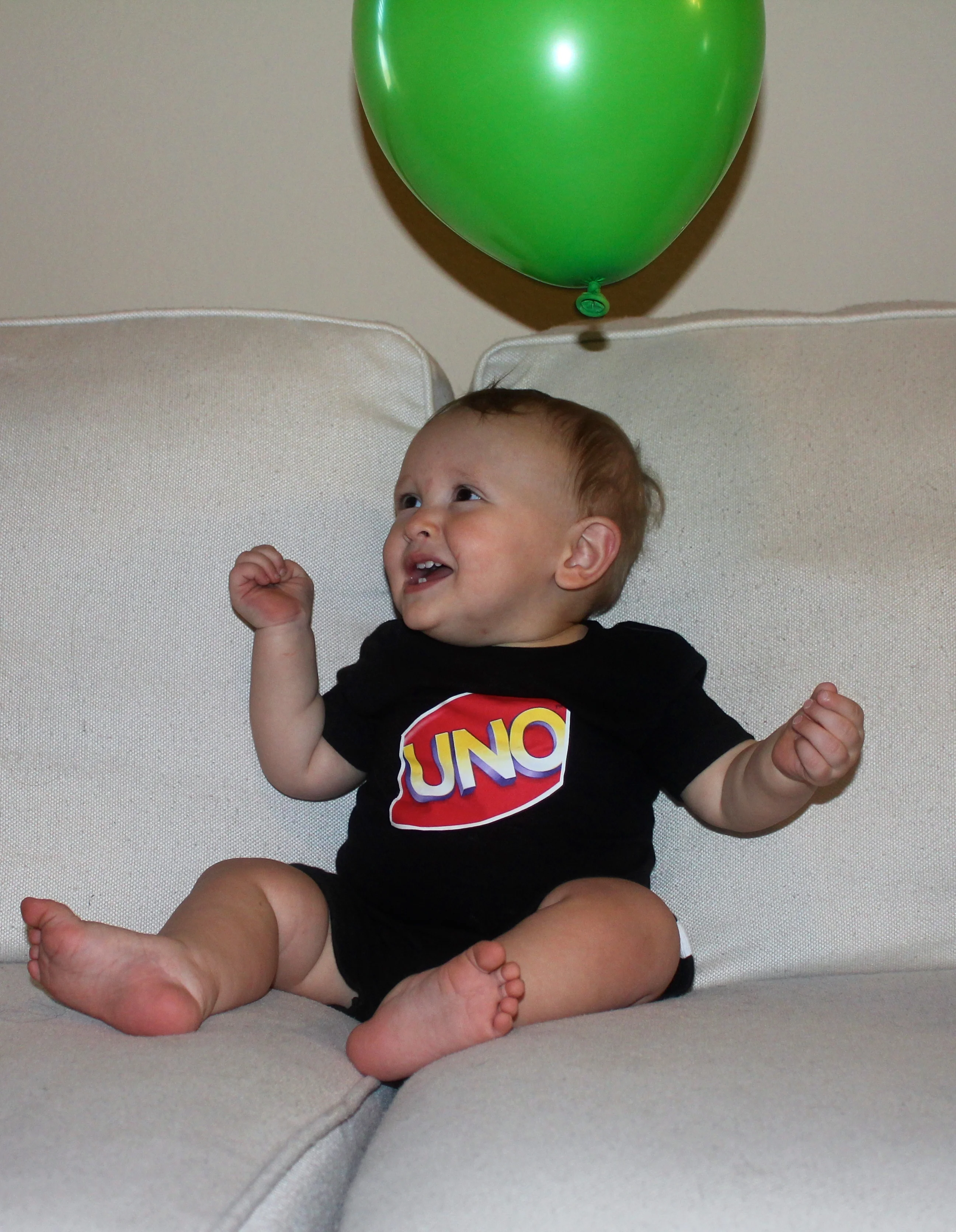The Backstory on Esau
As many know I was listening to the ESV audio Bible. It caused a string of posts on circumcision that resulted in essentially nothing. Well once I finished the ESV I started the NASB. And it didn't take very long for me to once again hear something that I had not previously heard (aka processed) before,
46 Rebekah said to Isaac, “I am tired of living because of the daughters of Heth; if Jacob takes a wife from the daughters of Heth, like these, from the daughters of the land, what good will my life be to me?” 1So Isaac called Jacob and blessed him and charged him, and said to him, “You shall not take a wife from the daughters of Canaan. 2 Arise, go to Paddan-aram, to the house of Bethuel your mother’s father; and from there take to yourself a wife from the daughters of Laban your mother’s brother. 3 May God Almighty bless you and make you fruitful and multiply you, that you may become a company of peoples. 4 May He also give you the blessing of Abraham, to you and to your descendants with you, that you may possess the land of your sojournings, which God gave to Abraham.” - Genesis 27:46-28:4 (NASB)
This passage may be familiar to some. Jacob has just finished receiving his blessing from Isaac. Esau is naturally unhappy. But the discontent that has undergirded this entire situation is only now being revealed. You see Esau has made foolish decisions with respect to marriage. He had married plural women and neither of them were closely related to Abraham's family. In a couple ways this was a serous mistake. I've previously written on the awesome love story of God's deliverance through Isaac's marrying Rebekah and some of that importance for family comes into play here.
Hidden inside of this story is another point however, one that ties even more firmly to other brothers who broke fellowship over their standing with God. I speak first of Cain and Abel. This is pointed out by the fact that Esau's wives are called women of the "land." Now it is entirely possible that I am reading too much into this. For instance, it is in fact true that Cain is a tiller of the "earth/land" (Gen 4:2). This is a different Hebrew word but I protest that the impact is similar. Through Genesis 4 & 6 the word אֶרֶץ (H776 - 'erets) is used to speak negatively about the perverse nature of the land in light of the fall under the seed of Cain.
Secondly, the line of Canaan is descendent from Ham. The son who disgraced Noah and was cursed (Gen 9:25). In every way and capacity Esau has been associated with the wrong crowd. He has chosen the land like Cain and the foreign rebellious lineage like Ham. He has proven what God had promise: he is not fit to carry the promise (Gen 25:23; Rom 9:10-13).
There isn't much in way of application to this insight. It is a story we all know. But it reminds us briefly of what Jewish people listening and hearing the word might have caught on to. The people of Israel would have heard these stories, in their written form, after their exodus from Egypt (go back and count how many trips to Egypt there are in Genesis). They had been delivered into the land of Canaan and part of their faithfulness would be to not mix with foreign peoples. In their own history Esau stood as a beacon of behavior that would be unpleasing to God.
Theologically, everything in the story of Esau screams failure to receive the promise. It is easy to sit back and claim "he wasn't elect." But the truth is that God's election worked itself out in ways that the Jewish community recognized and passed down in their oral tradition. God's election works itself out in time and space through real people with real actions and decision.




